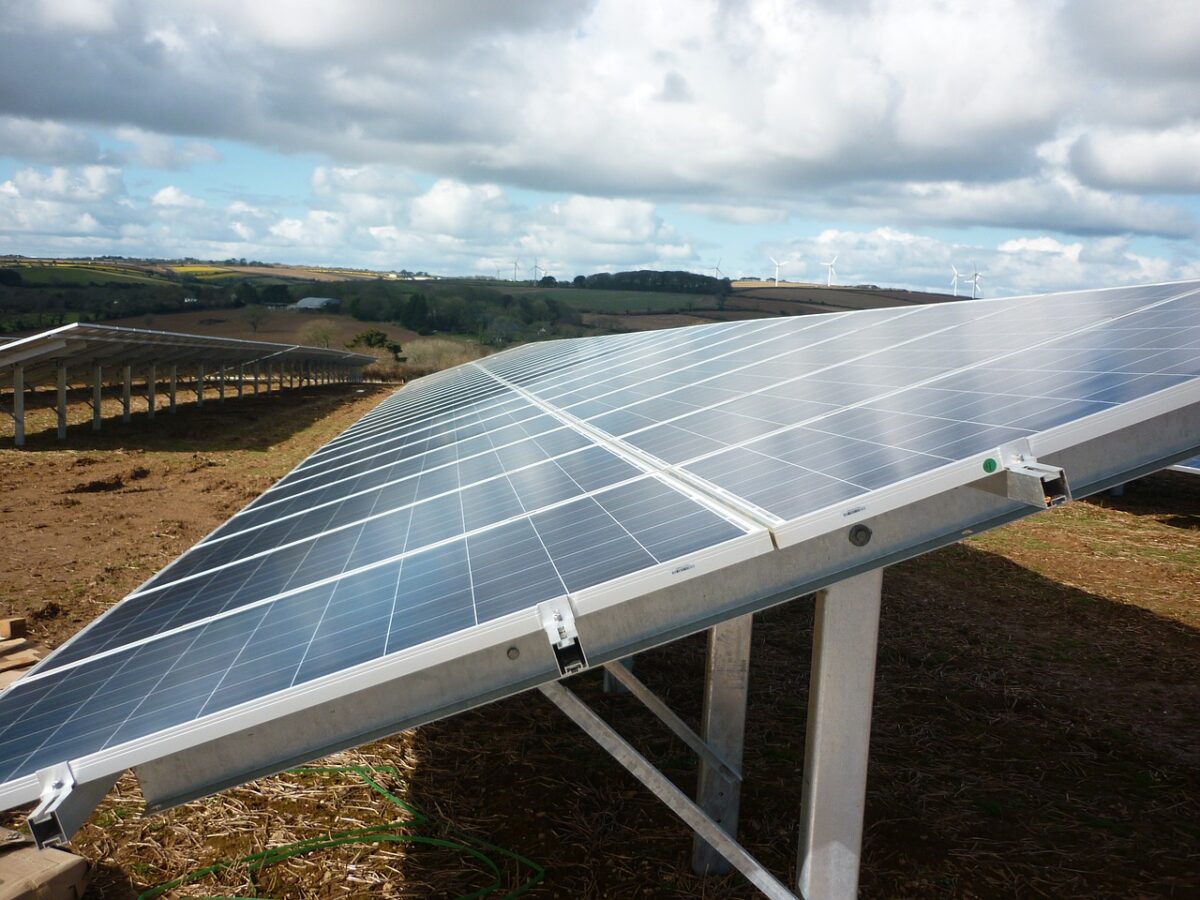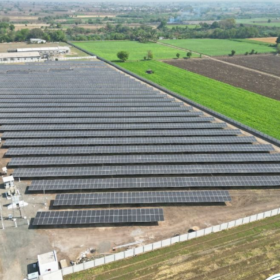Solar energy has capitalized and made its mark as cornerstone of the renewable revolution. The solar industry is set to break ground in 2025 due to advancements in technology, the shifting economy and urgency for sustainability. Strong policy support, market driven innovation and rising environmental awareness have led to record growth rates and created solar growth opportunities.
Solar energy growth has accelerated in recent years due to falling costs and widespread adoption. Now, photovoltaic technology has become one of the least expensive ways to generate electricity. Earlier, it was thought to be niche and too expensive. In manufacturing, continuing trends of declining cost with innovations in manufacturing processes, improved material efficiency, and economies of scale will continue through 2025. Solar panels with higher energy conversion rates and greater durability will dominate the market and allow the use of solar power to spread across a wider span of users and industries.
The growth is driven by government policies and international commitments to combat climate change. Solar energy is at the center of ambitious renewable energy targets set by many countries. Tax credits, subsidies and feed-in tariffs are also still providing incentives for investment in solar infrastructure. Developing nations are also being supported by international collaborations and green financing mechanisms to adopt solar technologies and speed global energy transition.
Solar is in fact experiencing a ‘boom’ in the commercial sector as businesses seek to converge with sustainability goals. For years, corporations have been investing in solar installations not only to lower their operation costs but also to meet environmental, social, and governance criteria. In particular, rooftop solar systems have become appealing to commercial entities that desire energy independence and resilience to whimsical electricity prices. It is part of a broader trend of making renewable energy an integral part of business strategy to secure long-term competitiveness and sustainability.
Similarly, residential solar markets are experiencing an amazing growth. As utility bills rise and environmental awareness spreads, more and more homeowners are finding making the switch to solar energy to be an incredibly practical and easy solution. Counteracting design related barriers, solar tiles and aesthetically appealing PV systems are driving urban dwellers to take ownership of the PV systems. Advancements in energy storage solutions like lithium ion batteries combined with advances in solar technology allow households to become more energy autonomous.
The integration of solar energy with emerging technologies, along with a growing demand for energy, is opening up new frontiers for the industry. Solar power generation and consumption are being optimized with the help of artificial intelligence (AI) and Internet of Things (IoT). With the help of AI driven analytics, the production of energy in solar farms can be precisely forecasted, rendering the use of solar energy more efficient. IoT enabled devices, real time monitoring and smart energy management can provide users with data based information and help them decide what could be done with their energy usage. Smarter and more sustainable energy systems are being propelled by the convergence of solar energy with digital technologies.
One area of transformative potential is agrivoltaics, or the integration of solar panels with agricultural activities. Agrivoltaics is a dual use model that allows efficient use of land by generating solar energy and crops while providing financial benefits to farmers. This pioneering action alleviates land use conflicts and demonstrates how solar energy can peacefully overlap with other major sectors of land development.
Despite its many advantages, the solar energy industry faces challenges that could impact its trajectory in 2025. Supply chain disruptions, geopolitical tensions, and raw material shortages have emerged as significant hurdles. Additionally, the intermittent nature of solar power generation necessitates continued investment in energy storage technologies and grid infrastructure. Addressing these challenges requires coordinated efforts among governments, private enterprises, and research institutions to ensure a resilient and sustainable solar ecosystem.
Looking ahead, the future of solar energy is undoubtedly bright. The convergence of policy support, technological innovation, and market demand is set to propel the industry into a new era of growth. Beyond its environmental benefits, solar energy offers a pathway to energy equity, economic growth, and climate resilience. For investors, developers, and stakeholders, 2025 presents a critical opportunity to capitalize on the transformative potential of solar energy and contribute to a cleaner, greener future. As the world collectively embraces this renewable powerhouse, solar energy is not just an option—it is a necessity for sustainable progress.
The views and opinions expressed in this article are the author’s own, and do not necessarily reflect those held by pv magazine.
This content is protected by copyright and may not be reused. If you want to cooperate with us and would like to reuse some of our content, please contact: editors@pv-magazine.com.








By submitting this form you agree to pv magazine using your data for the purposes of publishing your comment.
Your personal data will only be disclosed or otherwise transmitted to third parties for the purposes of spam filtering or if this is necessary for technical maintenance of the website. Any other transfer to third parties will not take place unless this is justified on the basis of applicable data protection regulations or if pv magazine is legally obliged to do so.
You may revoke this consent at any time with effect for the future, in which case your personal data will be deleted immediately. Otherwise, your data will be deleted if pv magazine has processed your request or the purpose of data storage is fulfilled.
Further information on data privacy can be found in our Data Protection Policy.